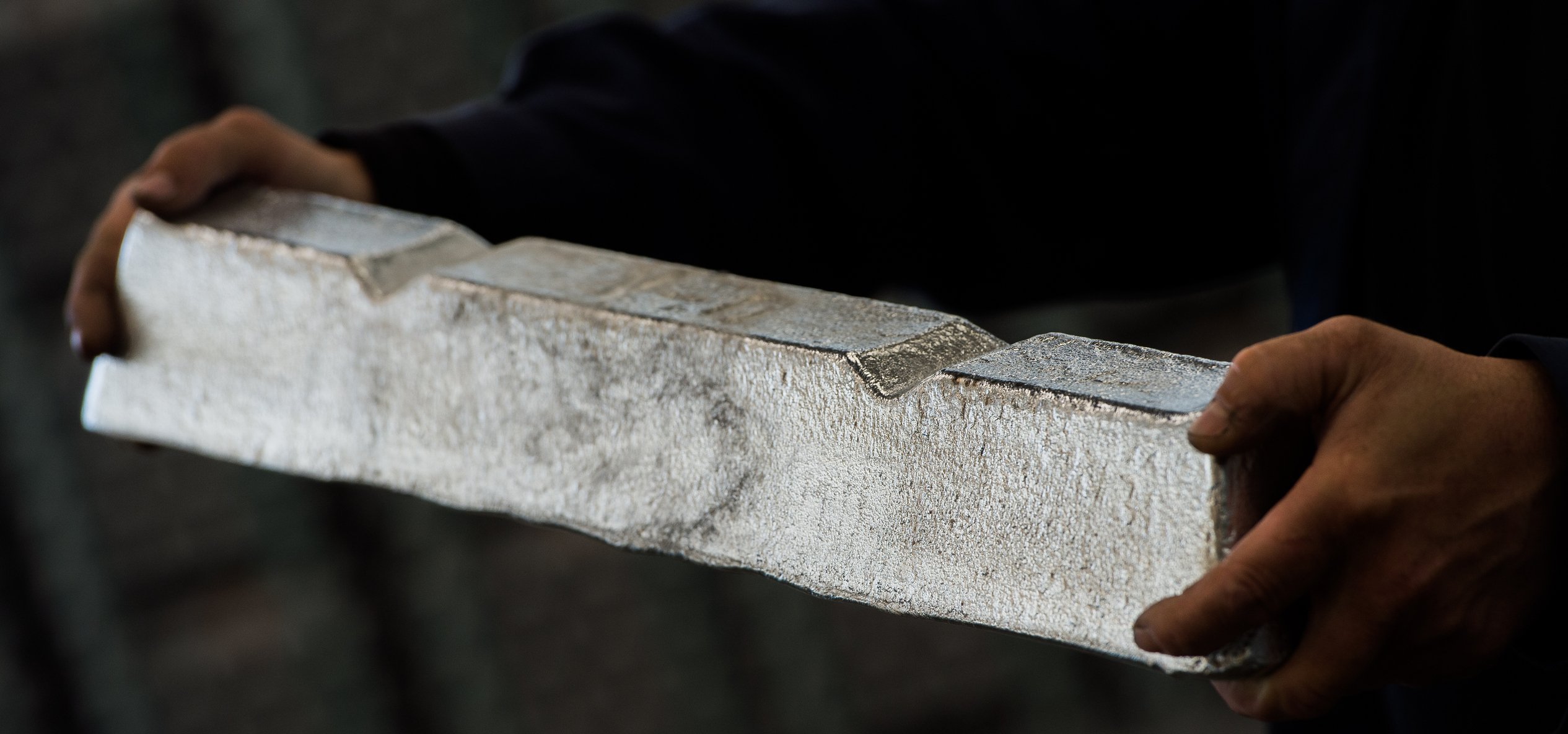
Image source: Alcoa.
In the past, aluminum specialist Alcoa (AA +0.00%) was a much larger presence in the U.S. stock market, being a member of the Dow Jones Industrials and carrying a lot of weight in the industrial community. Even though Alcoa is a much smaller company now, it still has the honor of having its results mark the formal beginning of each quarter's earnings season. As a result, the aluminum company's results get a lot of attention.
Yet as investors prepare for Alcoa's earnings report on July 8, they've had to deal with a stock that has lost more than a third of its value since February, and that still has plenty of challenges to overcome on the business front. Let's take an early look at how Alcoa has done recently, and whether it will get the new earnings season off to a strong start.
Stats on Alcoa
|
Analyst EPS Estimate |
$0.23 |
|
Change From Year-Ago EPS |
28% |
|
Revenue Estimate |
$5.81 billion |
|
Change From Year-Ago Revenue |
(0.5%) |
|
Earnings Beats in Past 4 Quarters |
4 |
Source: Yahoo! Finance.
Will Alcoa earnings get the stock market moving higher again?
Analysts haven't been all that excited about the prospects for Alcoa earnings lately, cutting their second-quarter projections by about 15% and cutting their full-year estimates for 2015 and 2016 by about an eighth. The stock has responded in kind, falling another 20% since early April, and exacerbating its poor performance from earlier in the year.
Alcoa's first-quarter results showed the tug-of-war that short-term traders and long-term investors have waged for a long time now. Issues like the strong U.S. dollar, poor pricing power, and an unfavorable mix of product sales held back revenue growth in Alcoa's key Engineered Products and Solutions business, where the company has hoped to earn the bulk of its profits through custom-engineered solutions for its highest-end clients. Alcoa's raw-materials business did quite well, but further up the supply chain, rolled aluminum products suffered a hefty drop in operating income.
In response to some of those negative factors, Alcoa has been increasingly aggressive in making strategic moves. Earlier this week, the company said that it would permanently close a primary aluminum smelter in Brazil, pulling the plug after more than a year of curtailed activity at the Pocos de Caldas facility. The move will cost Alcoa $100 million to $110 million in after-tax profit, working out to between $0.08 and $0.09 per share. Yet as part of Alcoa's long-term strategy to emphasize lower-cost production facilities, the closure is in line with the company's broader goals, and should help to make the rest of Alcoa's business profitable in the long run.
Even with some short-term obstacles to overcome, Alcoa has plenty of positive prospects in the far future. The aerospace industry remains strong, with a huge boost in commercial aircraft purchasing activity supporting greater use of the lightweight materials in which Alcoa specializes. The acquisition of Firth Rixson dramatically increased Alcoa's ability to serve the aerospace market, and Alcoa is still working hard to fully integrate Firth Rixson's capabilities and widen its array of products for current and prospective aerospace customers.
In addition, the purchase of RTI International Metals gives Alcoa more exposure beyond aluminum to materials like titanium. Alloying these lightweight materials and finding ways to use them together, even as separate metals, has huge potential for growth in applications, where weight and function are both essential characteristics of success.
In the Alcoa earnings report, be sure to take a close look at how the company reacts to recent reports of rising export activity from Chinese aluminum producers. Alcoa's rivals in China have had a destructive impact on the industry overall, and already, market analysts believe that the fundamentals of the industry could make sustaining current levels of profitability difficult for the company.
Alcoa has worked hard to cut production costs in order to compete, but what it really needs is a return of the global economy to the growth path it enjoyed throughout much of the decade of the 2000s. Until those conditions improve, it could be tough for Alcoa to produce the blowout results that would launch earnings season forward on the right foot.





